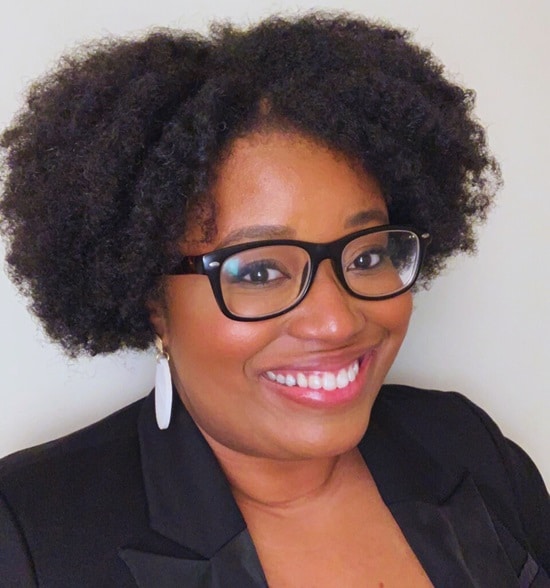Have you heard the proverb, “When life gives you lemons, make lemonade”? This simple saying shows us that hope is more than just wishful thinking. Hope is believing in the possibility of a brighter future and understanding our ability to shape it.
As a young person of color, this belief in the power of hope was the driving force in each of my steps toward goals I’d set for myself and the communities I belonged to. As I grew in my career, I learned about the science of hope, which shows us that setting goals, identifying pathways to pursue them, and taking steps forward can profoundly affect us. Too often, we face uncertainty, adversity, and the impacts of structural discrimination and cultural oppression in our lives. I’ve seen firsthand how hope can be a beacon of light that guides us through challenges and boosts our resilience.
Your mental health and emotional well-being, as well as that of the family, caregivers, educators, or communities who support you, are strongest when hope is cultivated intentionally and proactively in response to adversity.
Three ingredients of raising hope in our lives: Goals, pathways, and agency
Your future and outlook are connected to the level of hope in your life. Hope, similar to fresh lemonade, consists of three accessible ingredients:
- Setting goals gives you a focus for action. Knowing where you’re headed helps you find the way forward, even if you get sidetracked by a barrier, delay, or limited resources.
- Identifying pathways prepares you to take action and helps you create a roadmap for reaching your destination. Each step you take on your journey raises your level of hope as you go.
- Nurturing agency means believing you can take action. When you commit to a goal and identify pathways to achieve it, you begin finding the drive to reach your destination through personal agency.
What does science tell us?
As I reflect on my journey through challenges and opportunities in my personal and professional life, I see clearly that what science tells us about hope is true. Dr. Chan Hellman, for example, discusses the science of hope to show that cultivating hope is not a passive endeavor. It is an active process and can be a powerful catalyst for growth. I learned to embody hope through personal reflection, self-care, and thoughtful actions.
A first step is simply to understand that hope has the power to help you, and all of us, to pursue individual and collective healing from structural oppression as well as to find support for your mental health and emotional well-being.
Three key findings from the science of hope
- People with higher levels of hope tend to do better in various aspects of life than those with lower levels of hope.
- Higher levels of hope are associated with increased resilience after experiences of trauma, oppression, and other adversity.
- There are hope-raising skills that can be developed to support overall mental health and well-being.
The Takeaway
The good news for all of us is that hope is healing and that we can cultivate hope daily. Through reflection and action, we can use the power of hope to navigate and address mental health and well-being challenges — and find help, healing, and connection as we go. Will you join me in learning more? I hope you will.

